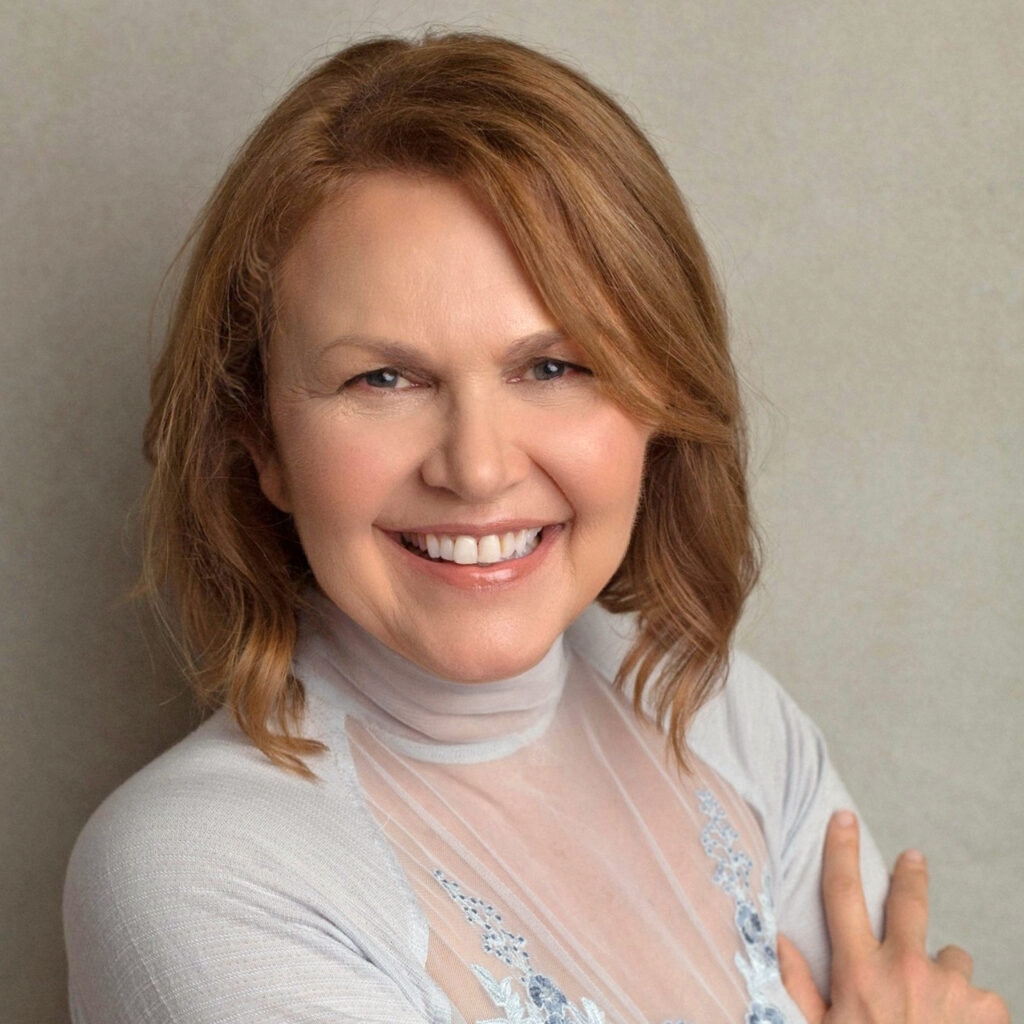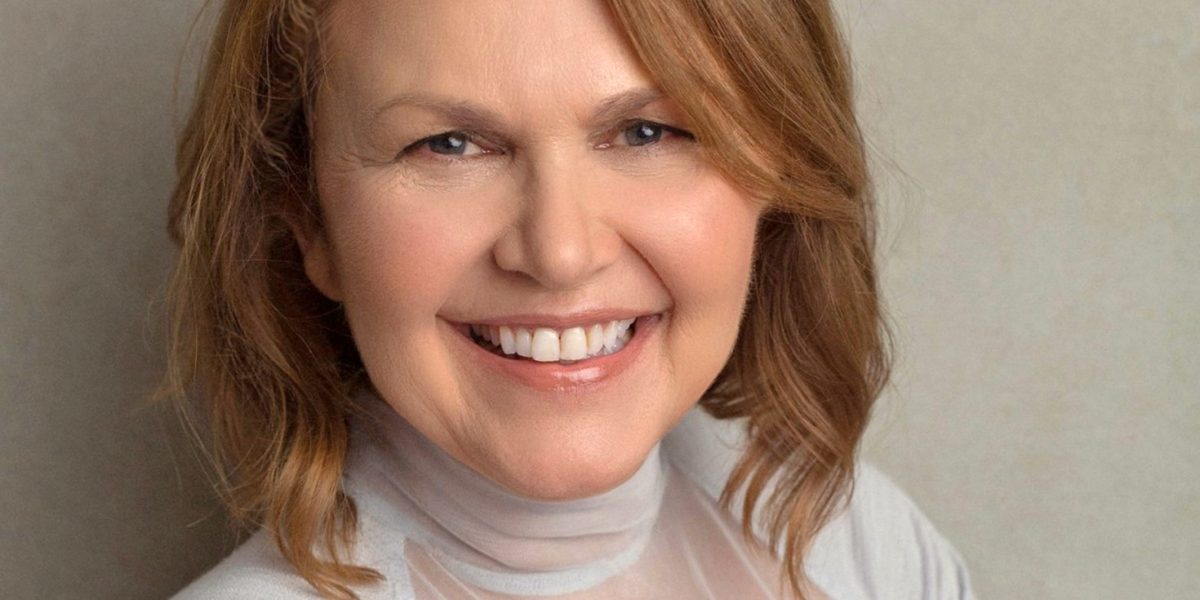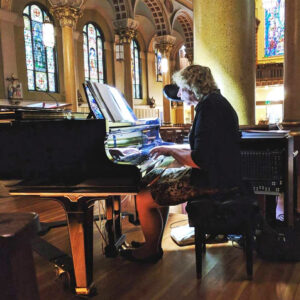
THE BOSTON GLOBE – After coordinating the early childhood program at South Shore Conservatory of Music for a dozen years, Hingham resident and music educator Jana Kahn has gone out on her own, launching a business called Family Music Time.
Calling itself an “original family-centered music resource,” Family Music Time accommodates families of children from infants up to age 5 through weekly and biweekly group sessions, an unlimited membership program, individual sessions, and even an outdoors group session hosted by a local family.
“Private lessons and special events offer flexible options,” Kahn said.
When the COVID-19 pandemic shut down the traditional live music classes offered by the South Shore Conservatory and other music schools, “I decided to create my own business,” the early childhood music teacher said. “I find families appreciate doing music classes with me in their homes. They look forward to them.”
Kahn said her research-based approach to music education places the emphasis less on learning rules and more on doing what comes naturally.
“Research shows we’re all wired to be musical,” she said. “And because children learn from their parents, they want to do what their parents are doing. I ask parents to follow along with what I’m doing — to sing along, tap their sticks, or shake their scarves — and it doesn’t matter what age the child is, they want to follow along with their caregiver.”
People naturally learn singing, rhythm, and tonality this way, Kahn said. “Kids learn best through playing. It’s the best of both worlds. They’re learning and having fun. Music just naturally connects people. I connect with grown-ups and their families. The grownups connect with their kids.”
Begun earlier this month, Family Music Time has approximately 40 families registered. The classes are of mixed ages, so families with more than one child 5 or under can participate together.
Some families schedule online sessions for twice a week. The unlimited membership option allows families to take part in group sessions that match their own needs or changing schedules.
It’s not easy for parents to set aside “quality time,” especially when closed schools and day cares mean they’re spending whole days at home with young children, Kahn said. “I feel good about facilitating that special time with parents and their kids.”

Parents and children often regard “doing music” as the high point of their day, she said, with many families planning on several sessions a week.
“It’s the highlight of the week,” Kahn said. Parents tell her that their children “ask every day, ‘can we do music today?’”
Family Music Time’s online sessions last 40 minutes.
“We do drumming, we get up and do a little dancing, waving scarves,” she said. “I play the guitar.” Even very young children (from “age zero” on) enjoy moving their bodies and rocking to the rhythm and beat of the music, she said.
Kahn said her programs are driven by the concept that “children can be themselves. Where they jump, dance, and move any way that suits them … Children bring snacks, toys, and stuffed animals to class.”
As difficult as staying home during the coronavirus pandemic has been, the need to self-quarantine has presented an opportunity, she said.
“Music is a powerful bonding agent, and as a facilitator I hope to nurture families to play with music all week long rather than just a once-a-week experience in class,” Kahn stated in an e-mail. “The stories of what we did during the pandemic will be with us for generations to come.”

The cost for a 10-week session, consisting of two live online classes per week, is $150. The cost for a membership, entitling members to an unlimited number of online classes, is $80 per month; membership also includes an annual 40-minute special event. The cost for a private online class lasting 30 minutes is $50.
To register or learn more, visit familymusictime.org, or email Kahn at info@familymusictime.org.
By Robert Knox, correspondant



